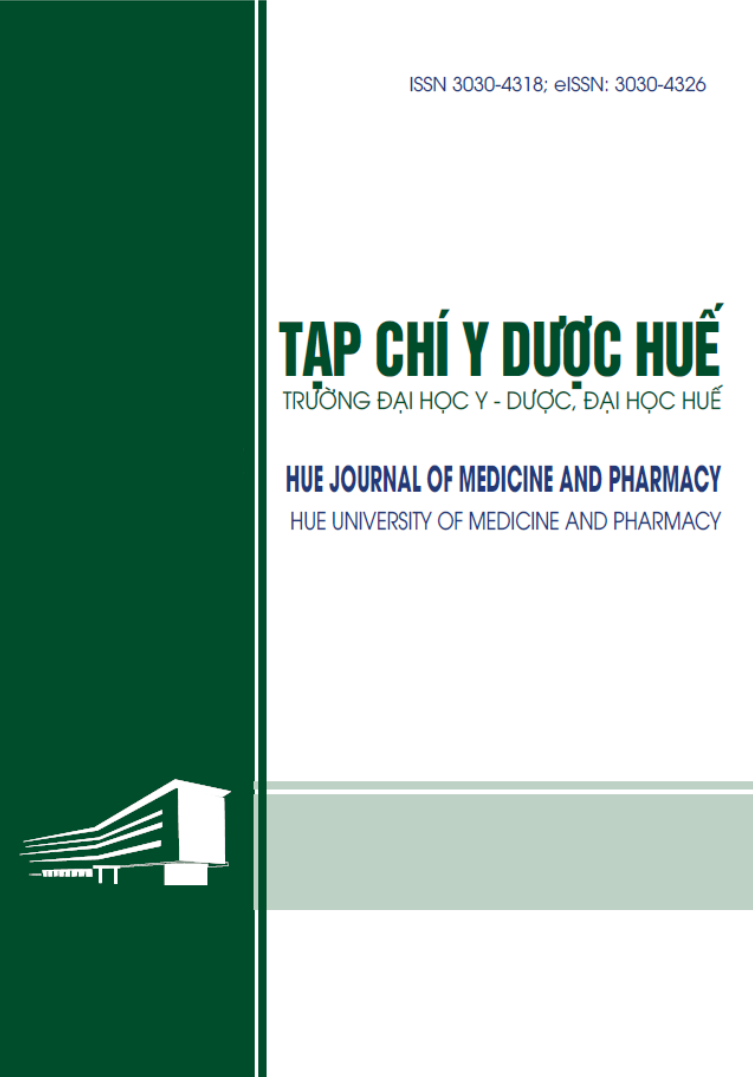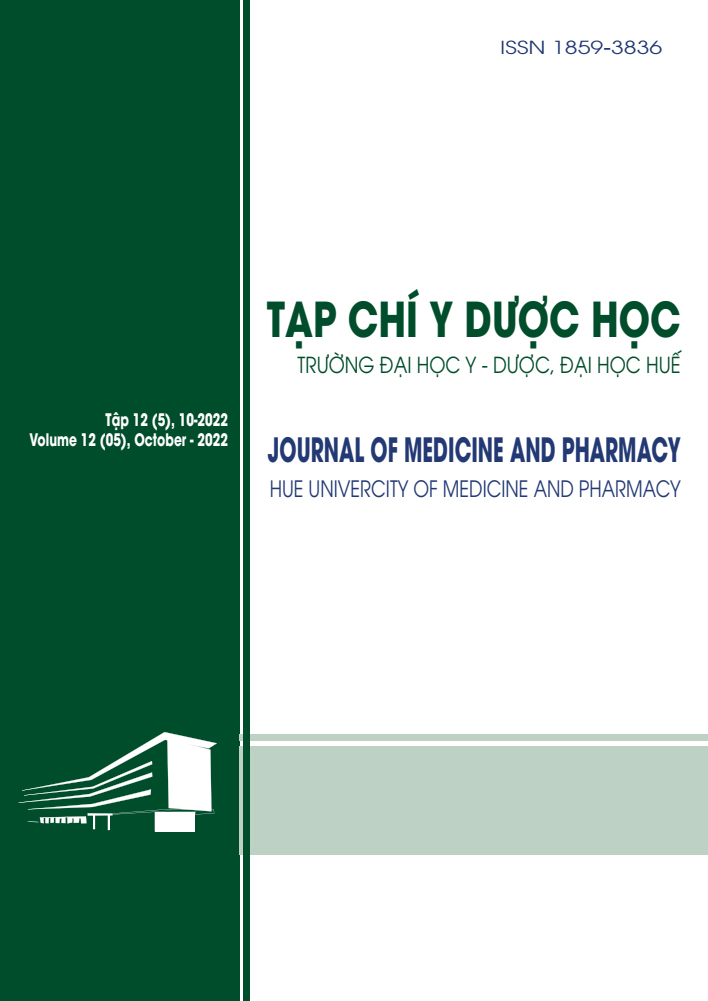Abstract
Background: Universities of Medicine and Pharmacy in Vietnam have established medical simulation skills training centers to enhance clinical skills for students, but their effectiveness has not been clearly determined. Currently, there are no studies on the perceptions of medical students regarding this learning method in Vietnam. This study aims to assess the perceptions of medical students at the College of Medicine and Pharmacy - Duy Tan University regarding simulation-based learning and related factors.
Methods: The research is conducted from January to April 2024 with 347 students from the first to the seventh year. Data was collected through a self-administered questionnaire, evaluating perceptions of outcomes, benefits, and learning capabilities based on simulation using a five-point Likert scale. The data was analyzed using SPSS 20 with a multivariate logistic regression model.
Results: 40.3% of students have a high perception, and 59.4% have a medium perception. Students who believe that simulation methods are applied in the classroom have perceptions 2.185 times higher than those who do not recall or are unaware. Students who have not practiced in hospitals and those who practice according to the prescribed hours have perceptions that are 3.622 and 3.932 times higher, respectively, compared to students who practice outside of scheduled hours.
Conclusion: Diversifying the application of simulation in medical education and enhancing clinical simulation scenarios will improve awareness of simulation-based learning.
| Published | 2025-06-25 | |
| Fulltext |
|
|
| Language |
|
|
| Issue | Vol. 15 No. 3 (2025) | |
| Section | Original Articles | |
| DOI | 10.34071/jmp.2025.3.5 | |
| Keywords | nhận thức, học tập dựa trên mô phỏng, sinh viên y khoa awareness, simulation-based learning, medical students |

This work is licensed under a Creative Commons Attribution-NonCommercial-NoDerivatives 4.0 International License.
Copyright (c) 2025 Hue Journal of Medicine and Pharmacy
Azizi M, Ramezani G, Karimi E, Hayat AA, Faghihi SA, Keshavarzi MH. A comparison of the effects of teaching through simulation and the traditional method on nursing students’ self-efficacy skills and clinical performance: a quasi-experimental study. BMC nursing. 2022;21(1):1-8.
Krishnan DG, Keloth AV, Ubedulla S. Pros and cons of simulation in medical education: A review. Education. 2017;3(6):84-7.
Ezeaka C, Fajolu I, Ezenwa B, Chukwu E, Patel S, Umoren R. Perspectives of medical students on simulation-based training: the Nigerian experience. The Pan African Medical Journal. 2022;43.
Nguyễn Thị Minh Chính, Nguyễn Trường Sơn, Nguyễn Thị Thanh Huyền, Phạm Thị Hoàng Yến. Vai trò của thực hành mô phỏng trong nhi khoa đến sự tự tin của sinh viên đại học điều dưỡng chính quy trong thực hành kỹ thuật tiêm tĩnh mạch cho trẻ em. Tạp chí Y học Việt Nam. 2022;517(2).
The Society for Simulation in Healthcare. SIM Center Directory [Available from: https://www.ssih.org/Home/SIM-Center-Directory].
Gullo CA, V.T.T. Nga. A Simulation Center for continuous professional development in Vietnam-A 21st Century skill approach for patient safety and quality of care. MedEdPublish. 2018;7(122):122.
Joseph N, Nelliyanil M, Jindal S, Utkarsha U, Abraham A, Alok Y, et al. Perception of Simulation based Learning among Medical Students in South India. Annals of medical and health sciences research. 2015;5(4):247-52.
Lê Anh Tuấn, Nguyễn Hữu Đức, Ngô Trung Hiếu, Đặng Xuân Hùng, Ngô Minh Quang, Vũ Văn Tiến. Đánh giá nhận thức của sinh viên về vai trò của mô hình, mô phỏng trong học thực hành kỹ năng điều dưỡng. 2022:15-21.
Nehring WM, Ellis WE, Lashley FR. Human patient simulators in nursing education: An overview. Simulation & Gaming. 2001;32(2):194-204.
Đinh Thị Hằng Nga. Thực trạng sử dụng phương pháp mô phỏng và lượng giá của giảng viên trong dạy thực hành điều dưỡng tại trường Đại học Y khoa Vinh năm 2023. Tạp chí Y học Cộng đồng. 2024;65(CD2).
Gordon JA, Wilkerson WM, Shaffer DW, Armstrong EG. “Practicing” medicine without risk: students’ and educators’ responses to high-fidelity patient simulation. Academic Medicine. 2001;76(5):469-72.
Jamalpuri V, Gunda RK, Ramachandra G, Thyagarajan S, Shetty R, Seethamraju RR, et al. Breaking barriers in establishing simulation in India–A collaborative approach by pediatric simulation training and research society (PediSTARS). Frontiers in Pediatrics. 2022;10:927711.
Founds SA, Zewe G, Scheuer LA. Development of high-fidelity simulated clinical experiences for baccalaureate nursing students. Journal of Professional Nursing. 2011;27(1):5-9.






